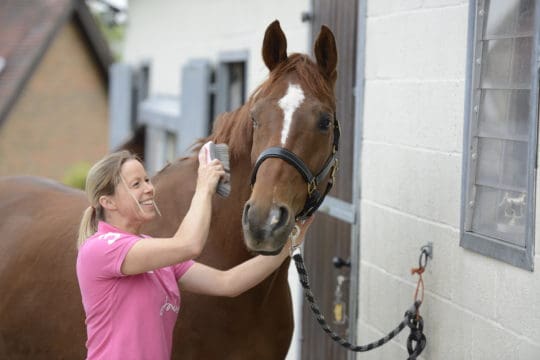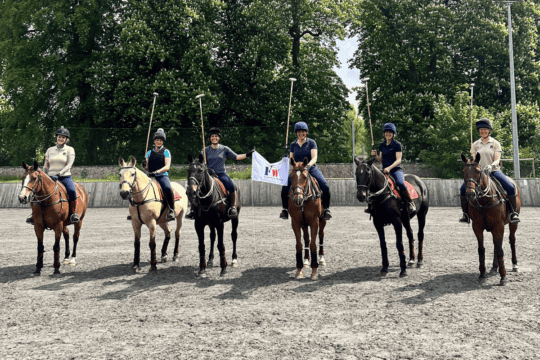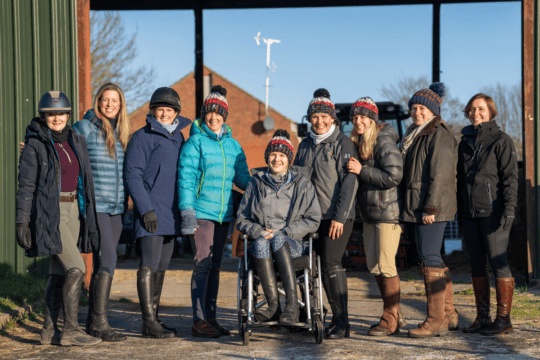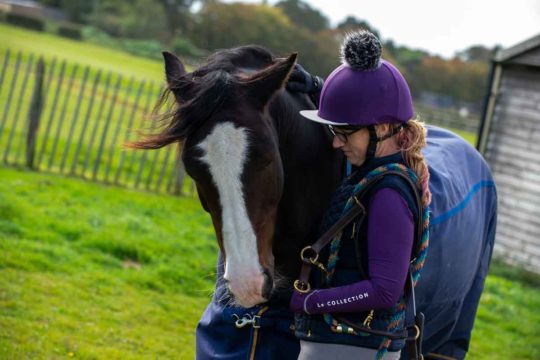
Most Read Articles
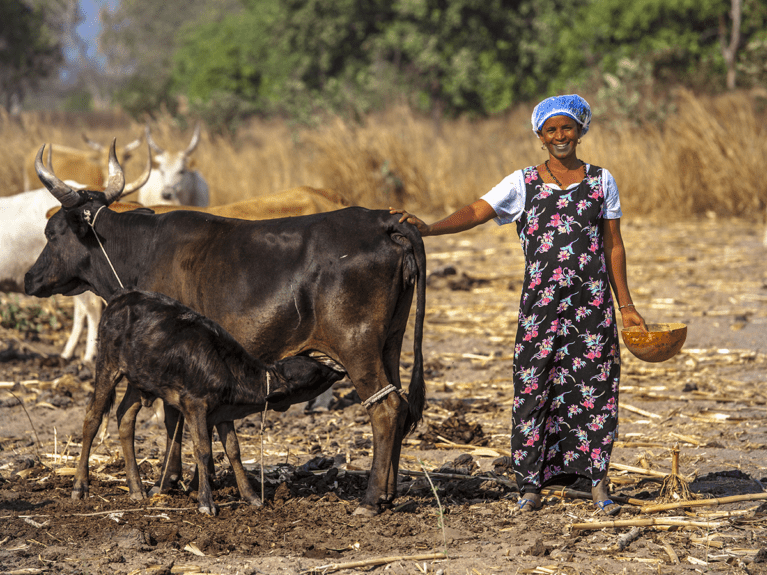
Low investment in global animal health increases risk of pandemics, according to a new report from the Action for Animal Health coalition
Action for Animal Health, led by the charity Brooke, advocates for more investment in strong and resilient animal health systems that protect people, animals and the planet. There is an estimated 60% of known infectious diseases and up to 75% of new or emerging infectious diseases that come from animals. Unfortunately, underinvestment in the animal health sector has led to shortages of vets, medicines, vaccines and gaps in surveillance leading to an increased risk of another pandemic.
Something we tend to forget is, healthy animals are essential to human health and with us living in a closer proximity to them, it’s important they receive the appropriate investment for them to stay healthy and help stop spread when they’re not. To put things into perspective, the UK has an estimated animal population of 131 million with 24,000 registered vets, whereas Pakistan has an estimated animal population of one billion with only 12,000 registered vets. With numbers as low as this and animal populations being so high, the risk of disease spreading and being untracked is inevitable.
In order to help boost animal health globally, Action for Animal Health has a new report (The Case for Investing in Animal health to Support One Health) which recommends stronger investment in surveillance, improved access to veterinary medicines and vaccines, as well as better communication and data sharing across One Health sectors.
Coalition member and Head of Global Animal Health, Welfare, Community Development and Research at Brooke, Dr Klara Saville, said, “While One Health is gaining traction at a global level to combat emerging health threats, there are significant barriers to delivering it on the ground because of the lack of investment in animal health systems. Outbreaks of animal and zoonotic diseases, and antimicrobial resistance, are the inevitable result of this lack of investment.”
For more information visit, actionforanimalhealth.org
Photo credit: Vétérinaires_Sans_Frontières

